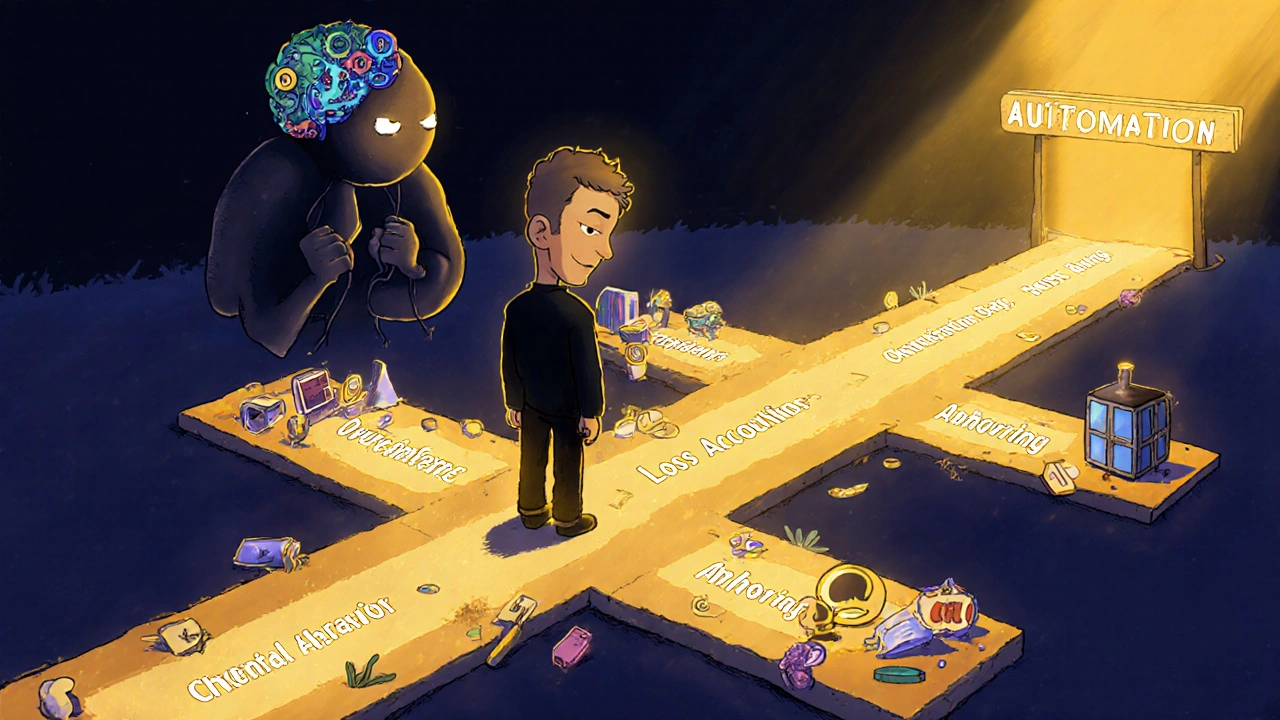Money Mistakes: Common Financial Errors and How to Avoid Them
When it comes to money, the biggest problems aren’t usually about not earning enough—they’re about money mistakes, repeated financial errors driven by emotion, habit, or misinformation that drain wealth over time. Also known as investor pitfalls, these aren’t just beginner errors—they trip up experienced people too, especially when stress, fear, or hope takes over. You don’t need a finance degree to avoid them. You just need to recognize the patterns.
One of the most common sunk cost fallacy, the belief that you must keep investing in something because you’ve already put time or money into it keeps people holding onto losing stocks long after they should’ve cut their losses. It’s not logic—it’s pride. Your brain tells you, "I’ve already lost $5,000, so I can’t sell now," but the market doesn’t care what you paid. It only cares about what’s next. Then there’s the emergency fund, a cash buffer that protects you from life’s surprises without forcing you to sell investments at a loss. Most people either don’t have one, or they think "three months of expenses" is enough—without checking if their income is stable, their bills are predictable, or their job could vanish tomorrow. And let’s not forget the myth that keeping all your money in cash is "safe." Cash loses value every year to inflation. Holding too much of it is just another kind of money mistake.
These errors don’t happen in a vacuum. They’re fueled by behavioral finance, the study of how emotions and mental shortcuts lead people to make irrational financial decisions. That’s why a $10,000 windfall doesn’t automatically lead to better investing—it often leads to impulsive spending, or worse, chasing hot crypto trends because your friend made a quick profit. Meanwhile, people skip tax-loss harvesting, ignore asset allocation, and blindly trust broker ratings without asking who’s behind them. These aren’t isolated blunders. They’re symptoms of the same deeper issue: treating money like a game instead of a system.
The good news? You don’t need to be a genius to fix this. You just need to pause before acting. Ask yourself: "Am I doing this because it makes sense—or because I’m scared, hopeful, or pressured?" The posts below break down exactly how these mistakes show up in real portfolios, what they cost, and how to replace them with simple, repeatable habits. You’ll find real examples—from how to calculate your emergency fund based on your actual life, to why holding onto a losing stock might be costing you more than you think. No fluff. No jargon. Just clear, practical fixes for the mistakes most people make—and how to stop making them.
Behavioral Finance Biases: Common Money Mistakes and How to Fix Them
Learn how common psychological biases like loss aversion, overconfidence, and herd behavior lead to costly money mistakes - and how to fix them with simple, proven strategies.
View More